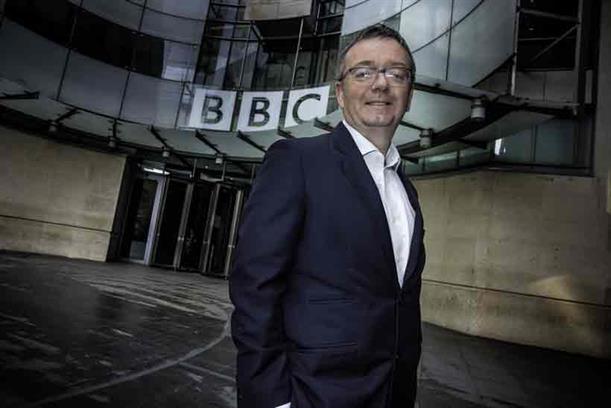Mark Zuckerberg recently announced that Facebook would tweak its algorithm, prioritising posts from friends and family over organisations. In doing so Zuckerberg said that he expected "the time people spend with Facebook and some measures of engagement will go down".
Let’s think about that for a moment. The champion of many of the digital engagement metrics we have all maximised to grow our brands, is taking a decision he fully expects to make those measures worse.
Why?
Zuckerberg explains that he has "gotten feedback" that "public content is crowding out personal posts that lead us to connect more with each other".
Now, I know about as much as you do about what goes on at Facebook Towers, but I think we can have a good guess at what’s happening here.
The pursuit of short term digital metrics (reach, clicks, time spent etc.) has probably led to a less than perfect experience for Facebook’s consumers. That can likely be seen in Facebook’s traditional brand metrics, user numbers (with younger audiences especially) and in qual feedback from "the community".
Mr. Z is now re-dressing the balance, taking the platform back to its original consumer benefit of helping people to connect with each other.
The Facebook story is an important one for all marketers as we enter 2018.
The trend forecasts circulated by marketing agencies in December were united on one thing: 2018 will be the year of AI and machine learning.
As marketers we should all welcome the expansion of AI, be excited by the possibilities and find profitable ways to take advantage of it.
One marketing agency, Brainlabs, have a new robot receptionist (the old, human one is now doing "something more useful"). But I wonder whether the agency’s clients will find tapping their name into an iPad strapped to a robot preferable to being welcomed by a human with a smile, some chat and a cup of tea?
And, as we have now entered the year which will herald the "triumph of the machine", it’s interesting that Facebook - a business founded on data, analytics and automation - has changed its strategy based on "feedback" and the importance of human experience alongside pure data.
Marketing is and always has been a mix of art and science: you need empathy, insight and creativity as well as data, analytics and logic.
We’re focusing on both as we reinvent the BBC for a digital world.
Obviously art and creativity is the lifeblood of the BBC: the great programmes and services we make are often informed by audience insight but are created by humans - and for my money always will be.
To put it bluntly, you don’t get successes like Line of Duty or Blue Planet 2 through AI but through the vision and brilliance of creative people like Jed Mercurio and the Natural History Unit doing what they do best.
It’s the same with our marketing: our stand-out campaign last year was the BBC One campaign "The supporting act", a heart-warming animated film from BBC Creative, our in-house agency, telling the story of a father distracted from engaging with his daughter at Christmas.
It’s been viewed 37 million times on Facebook (96% organic) and on Twitter had more likes and retweets in its first weekend than this year’s offering from John Lewis had in its first month. Its success was driven by real understanding of audiences’ lives and the creativity of the in-house team that made it.
We’re also majoring on the science: we now have 22 million registered users online, almost half of whom are active on a weekly basis.
We’re combining this personalised data – which represents about 10% of audiences’ time spent with the BBC across all platforms – with other sources in ground-breaking ways to give us a single view of how audiences use the BBC’s TV, radio and online services.
This allows us to personalise the audience experience from recommendations on BBC iPlayer to email newsletters tailored to individual constituencies during the 2017 election.
And it’s working: boosted by greater boxset availability, BBC iPlayer had its most successful weeks ever over Christmas and our personalised marketing has drawn new audiences to content as varied as Blue Planet 2, BBC News and Taboo.
Like all companies in 2018 we’ll be exploiting the possibilities of analytics and AI - but we also know that how valuable the BBC is to our audiences will ultimately be determined by the human creativity which drives the content and marketing we make.
To quote Mark Zuckerburg, that’s how we can make the time audiences spend with the BBC "time well spent".
Philip Almond is director of marketing & audiences at the BBC and a member of 北京赛车pk10’s 2017 Power 100.


